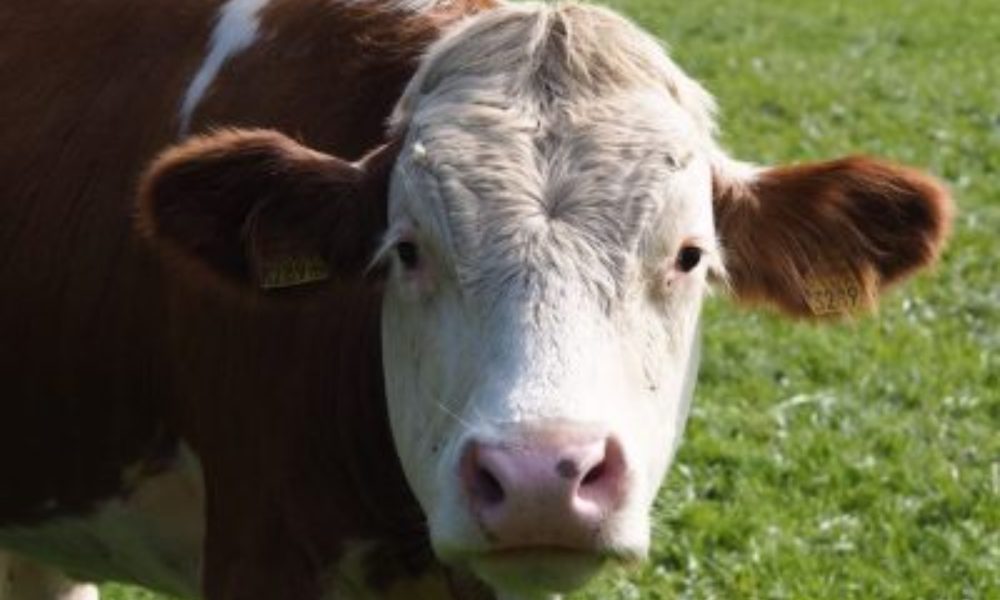A new bill would allow millions of school children a chance to choose compassionate and healthier alternatives to cow’s milk for the first time.
H.R. 1619, or the Addressing Digestive Distress in Stomachs of Our Youth (ADD SOY) Act, would require public schools to provide soy milk as an alternative to cow’s milk to students who request it.
An estimated 17 million of the 30 million children enrolled in the Richard B. Russell National School Lunch Program have lactose intolerance, a digestive condition caused after consuming dairy that can result in distracting and painful symptoms, including stomach pain, bloating, and diarrhea.
But students in the federally-subsidized program currently must accept a carton of cow’s milk to get the rest of their lunch — or provide a doctor’s note saying they shouldn’t.
That requirement has led to sick and ill students as well as tremendous waste, with the U.S. Department of Agriculture (USDA) reporting that 29 percent of cow’s milk cartons get tossed unopened every year — which the bill’s sponsors Reps. Troy Carter (D-LA) and Nancy Mace (R- SC) equate to a loss of $300 million.
“The federal government is wasting $300 million of our tax dollars a year by mandating that every school kid getting nutrition assistance has a carton of cow’s milk on the tray, even though millions of them don’t want it and get sick from it,” Mace said.
While a reported 65 percent of the American population has lactose intolerance, students from communities of color are most impacted, with medical experts reporting rates of lactose intolerance as high as 65 percent for Latinos, 75 percent for Blacks, and 90 percent for Asians.
“Too many children who cannot safely or comfortably consume dairy are being forced to accept containers of cow’s milk on their lunch trays,” Carter said. “America needs to embrace its diversity at the lunch counter.”
The sponsors noted that no children should be forced to contribute to waste or experience negative health consequences “simply because, in practice, dairy is the only type of milk offered in schools.”
The U.S. Dietary Guidelines in 2020 reported soymilk was a nutritional equivalent to cow’s milk, and other federal food assistance programs — including the Women Infants and Children (WIC) Program — allow for non-dairy choices.
Soymilk is also kind to cows, who have their beloved babies taken away from them shortly after birth in the dairy industry and are killed when their milk production wanes. Offering it as an alternative allows students who are vegan or dairy-free for ethical reasons an option to choose from, too.
A number of animal welfare groups advocating for the legislation — including Switch4Good, Animal Wellness Foundation, Animal Wellness Action, and a Center for a Humane Economy — praised the bill’s introduction in a press release.
“It is both thrilling and heartening to see this bill come alive after years of fighting for all children with lactose intolerance or dairy allergies,” said Dotsie Bausch, president of Switch4Good. “In the name of social and educational justice, we now urge our leaders in the House to amend the Richard B. Russel National School Lunch Act so that all children have access to nutrition that does not make them sick.”
We at Lady Freethinker also support this bill, which is long overdue. We thank everyone who has so tirelessly worked and advocated for this commonsense and compassionate legislation.







